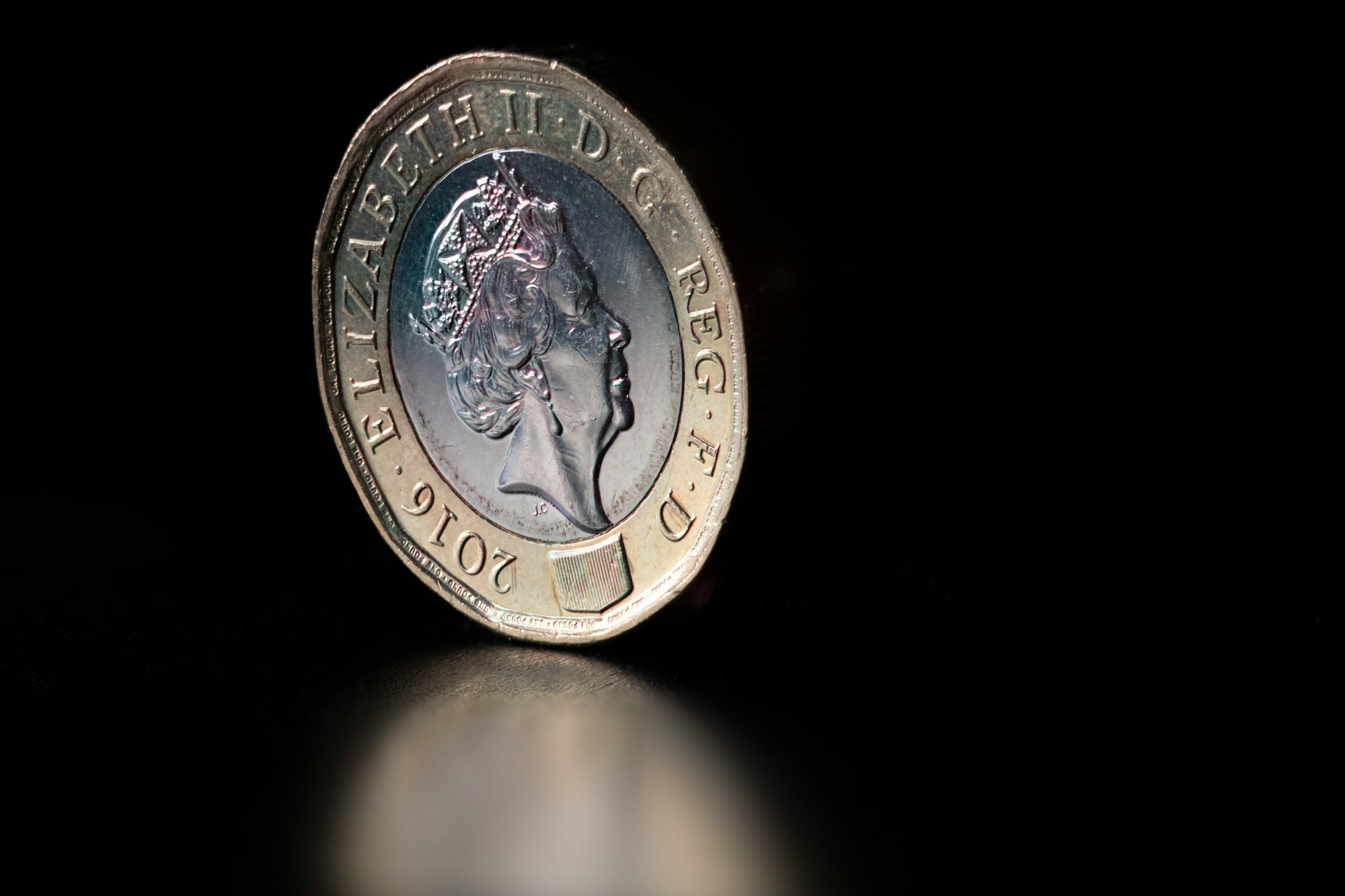FXOpen

The British Pound has hit its lowest point in an entire year against the US Dollar as today's markets open across the world.
A value of 1.28 for the GBPUSD pair is most certainly something to write home about, as it dipped below the 1.30 mark considerably as last week came to a close.
The past year has been a period of tremendous financial upheaval across many important markets and notably those in which major currencies are sovereign, including Australia, Canada, Europe and the United States.
It has been a period in which the financial rollercoaster has been ridden by businesses and private individuals as supply chain shortages marred commercial enterprise, lockdowns thwarted the progress of traditional businesses and pretty much any entity which does not solely do business online, travel bans and environmental policies cost a fortune in red tape, and a media flurry which now points only at one item - war - is driving the commodities markets and adding weight to an already grave cost of living crisis.
This combination of enormous factors has led to a very volatile currency market over recent months, however the British Pound has been doing well due to the lower levels of lockdowns that have affected the United Kingdom compared to the Western European mainland, and buoyant online and financial markets sectors which are both key contributors to the British economy.
Inflation may well be high in the United Kingdom, however it has been increasing at an even higher rate in the United States, therefore the Dollar has been under the microscope for a long period now.
Any gains by the British Pound over the US Dollar in recent months have been largely down to the fact that the United States' overall economic situation is worse than that in Britain, rather than Britain being able to boast of a great economy.
Inflation in the UK is at its highest point in 30 years and the Bank of England has moved interest rates upwards three times since the beginning of the year. OK, they are only small increments considering the grave situation the economy is in, but regardless of the size of the increases, the Western economy these days relies on low interest, and any interest rate rise in an environment where people's pockets are already stretched is a confidence-buster.
Additionally, those analysing the economic performance can likely remember the 15% interest rates of the early 1990s which wreaked havoc across Britain, therefore a conservative approach would be to take a bearish view.
However, in the United States, interest rates are at their highest rate in 40 years and confidence in the overall condition of the national economy is low, yet Britain's Pound has finally begun to dive against the US Dollar despite that being the case.
On Friday last week, the report relating to retail sales, manufacturing output and services sector activity for March this year was released in the United Kingdom and it showed weak numbers which is a sign that any form of recovery is faltering and that the economy is starting the second quarter on a weaker footing.
The Bank of England has thus far shown restraint and has not resorted to extreme measures in order to counteract inflation, however the low level of confidence in the current economic situation is likely to be the main cause of the British Pound's low value.
In the United States, there has been a stock sell-off, which is a sign of low confidence in US equities, but when such sell-offs occur, cash is paid out and therefore the US Dollar may have experienced some volatility due to this.
1.28 is a rare low for the GBPUSD pair, that's one metric which is black and white.
This article represents the opinion of the Companies operating under the FXOpen brand only. It is not to be construed as an offer, solicitation, or recommendation with respect to products and services provided by the Companies operating under the FXOpen brand, nor is it to be considered financial advice.
Stay ahead of the market!
Subscribe now to our mailing list and receive the latest market news and insights delivered directly to your inbox.








